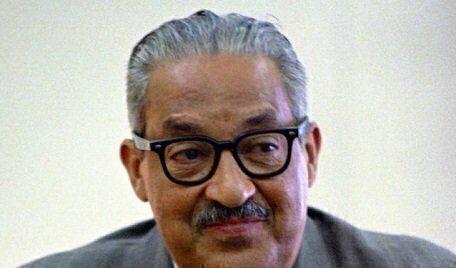Constitution Daily Blog
14th Amendment
COVID-19 and the Constitution — Key Takeaways
The coronavirus pandemic has raised a host of constitutional questions. Here are some key takeaways.
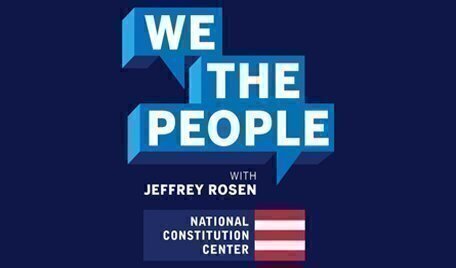
Bradwell v. Illinois: When the Supreme Court denied legal work to women
On April 15, 1873, the Supreme Court decided in Bradwell v. Illinois, striking down the Myra Bradwell’s challenge to the…
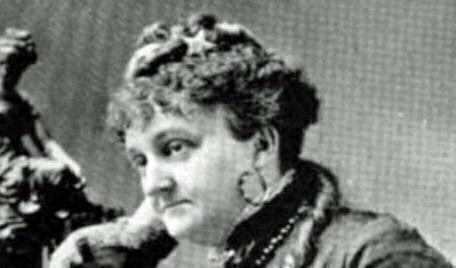
Whither the U.S. Supreme Court?
Constitution Daily contributor Marcia Coyle looks at what may still be—with an unexpected element—the most significant Supreme…
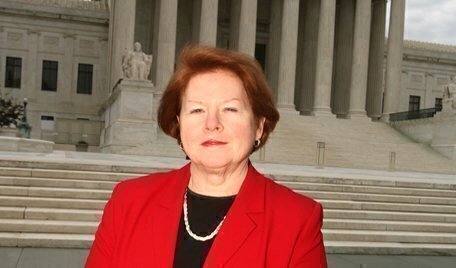
On this day, Supreme Court hears Loving arguments
On April 10, 1967, the United States Supreme Court held oral arguments in a landmark case about a Virginia law that said marriages…
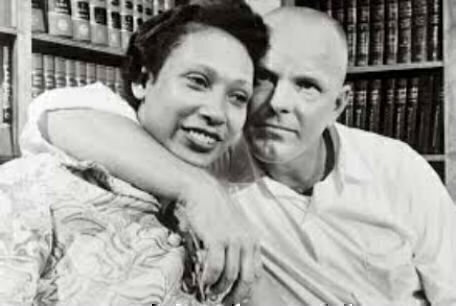
On this day, Supreme Court refuses women right to vote
On March 29, 1875, in the case of Minor v. Happersett, the Supreme Court rejected to claim of Virginia Minor that under the 14th…
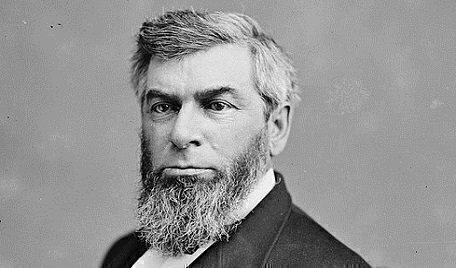
Blockbuster Cases on the CFPB and Abortion at SCOTUS
Before the Supreme Court suspended oral arguments due to concerns about the spread of the coronavirus—it heard two of the…

On this day, the Supreme Court decides Prigg v. Pennsylvania
On March 1, 1842, Justice Joseph Story wrote the first major opinion regarding the power of the federal government over slavery.…
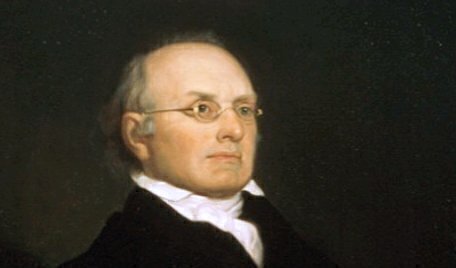
Battle for the Constitution: Week of Feb. 10, 2020 Roundup
Here is a round-up of the latest from the “Battle for the Constitution:” a special project on the constitutional debates in…
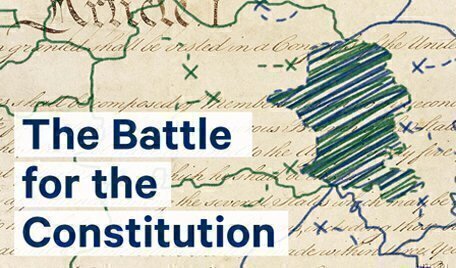
Rosa Parks’ journey as a civil rights icon
On the occasion of Rosa Park’s birthday, Constitution Daily looks at her journey from a childhood in the segregated south to her…
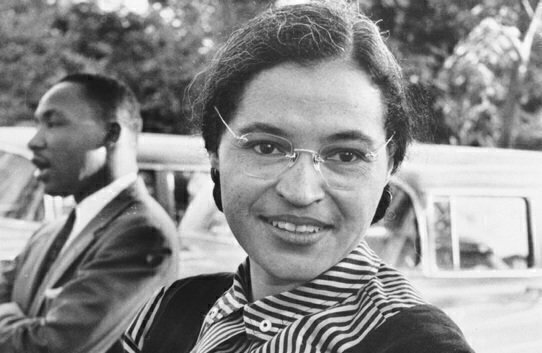
Thurgood Marshall: A retrospective
On January 24, 1993, retired Supreme Court Justice Thurgood Marshall died at the age of 84. Marshall was one of the best-known…
